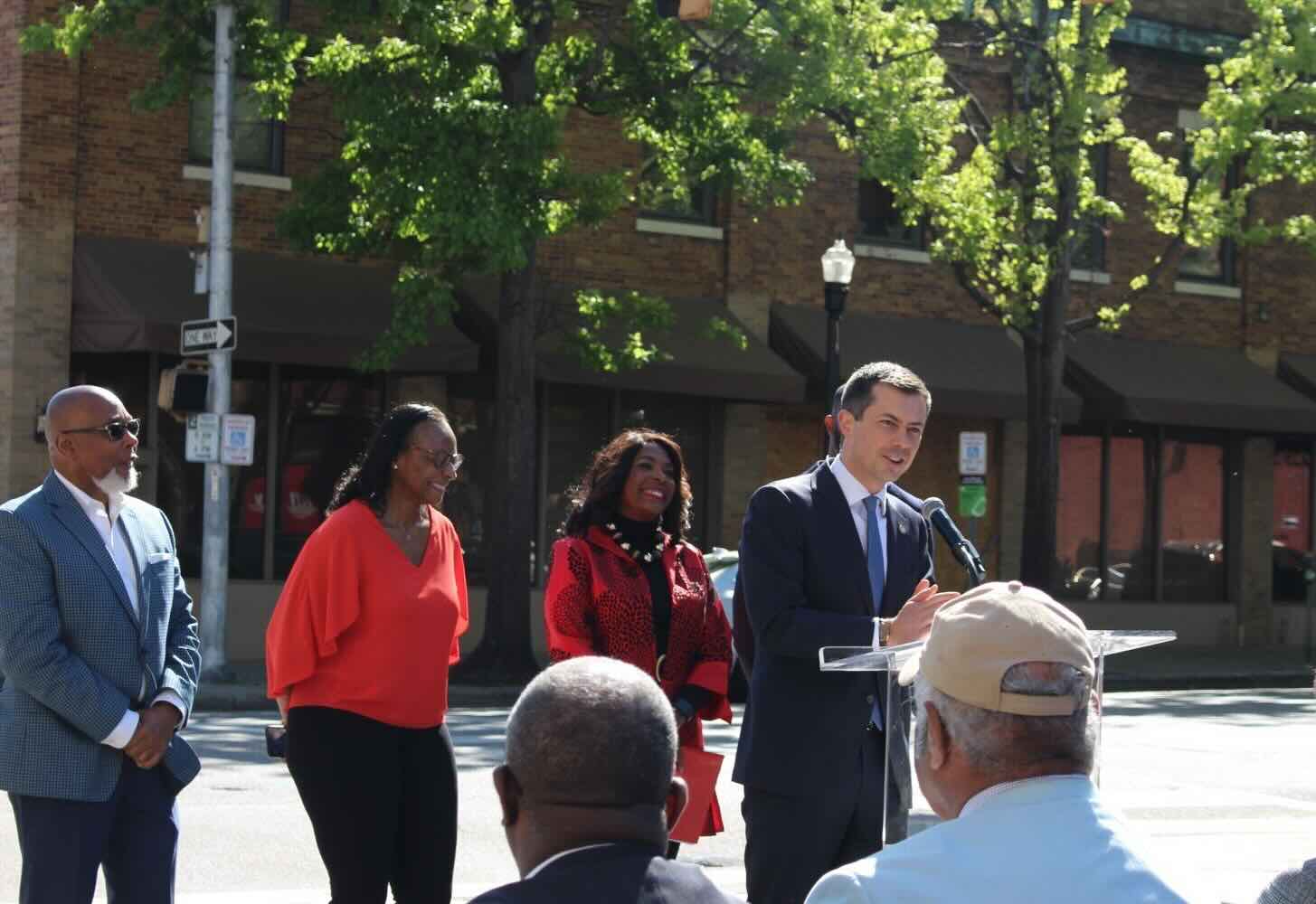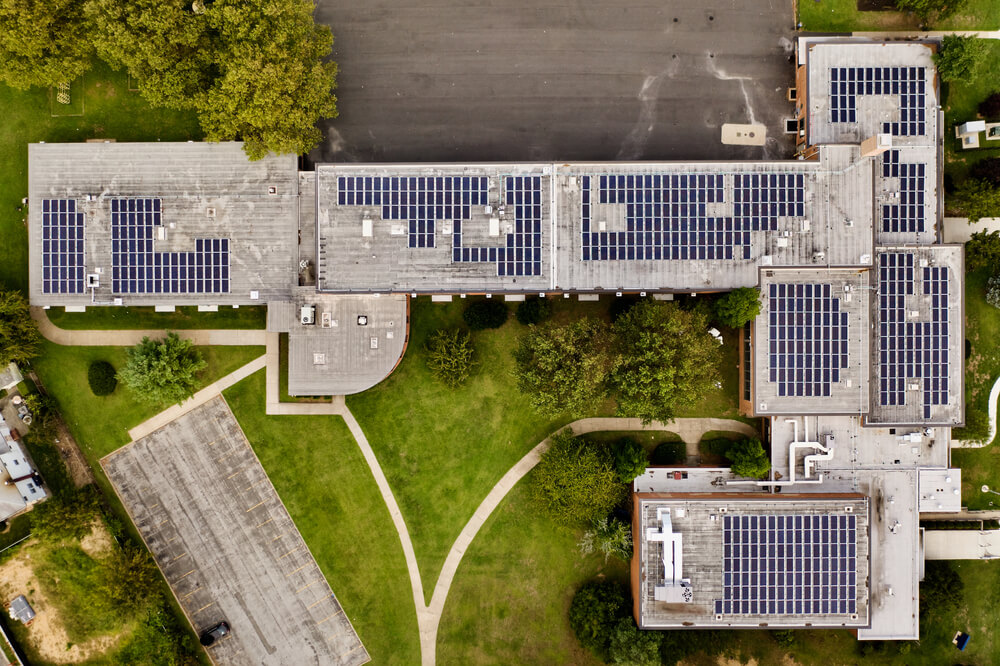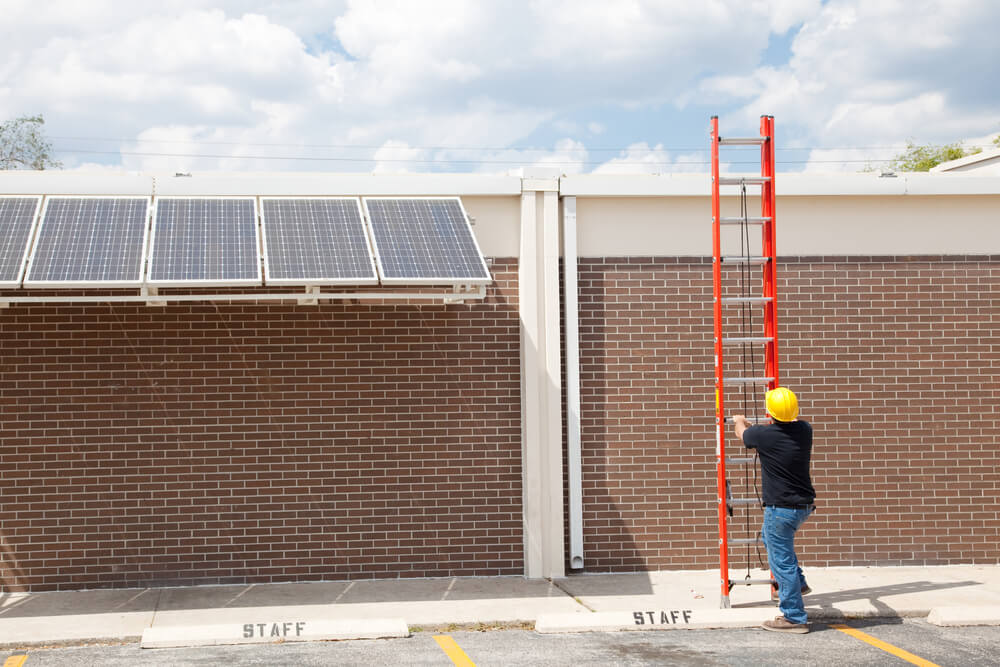ImpactAlpha, Oct. 11 – A community’s racial makeup, irrespective of economic variables, affects its cost of capital in the $4 trillion US municipal bond markets. That community’s physical climate risk does not.
A large-scale, peer-reviewed study by Duke University researchers suggest muni markets are mispricing climate and race risk at a large scale. The inefficiency creates a systemic barrier to building climate resilience in vulnerable communities.
“Physical climate risk not being priced represents an opportunity for Black communities to make resiliency upgrades without being penalized for their high climate risks,” lead researcher Erika Smull, now at Breckinridge Capital Advisors, tells ImpactAlpha.
“If they are being penalized on account of their racial makeup, then they are less likely to be able to make those upgrades.”
Spread penalties
Smull’s study looked at credit spread, the gap between the interest rate cost to the issuer of the bond and risk-free benchmark rate. The larger the spread, the greater the perceived risk of the bond. The analysis of 700,000 municipal bonds found no meaningful spread penalty for increased physical climate risk.
In contrast, the researchers found that “percent Black” in a community is “significant and meaningful” for spreads, even after controlling for issuer location, credit rating and economic variables including per capita income, confirming the “Black Tax” described by Stanford’s Destin Jenkins and others (see “‘Black Tax’ plagues small municipalities. Can bond banks help?”). The study estimated that higher costs amount to a $900 million annual penalty for Black communities.
Cost of capital
Issuers as well as investors face financial and welfare losses, say the researchers. Race alone should not influence municipal credit spreads. Known climate-related risks to infrastructure, property value, and business interruption should.
From a climate justice perspective, they say, “racial bias could further amplify the cost of and reduce capital market access for climate-related and other infrastructure needs for Black communities.”











